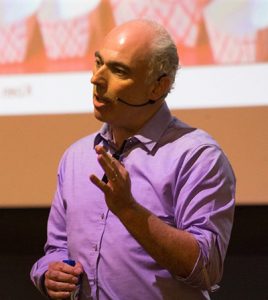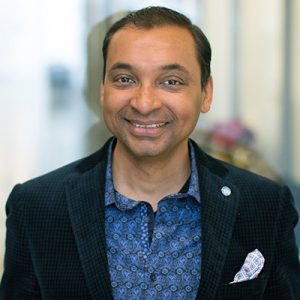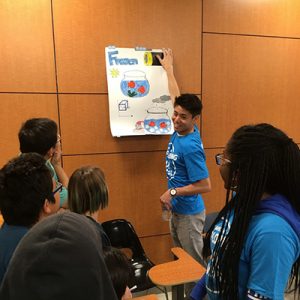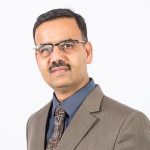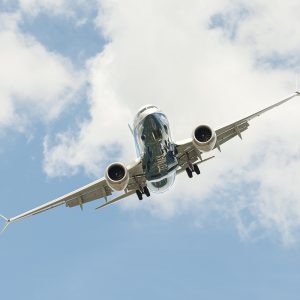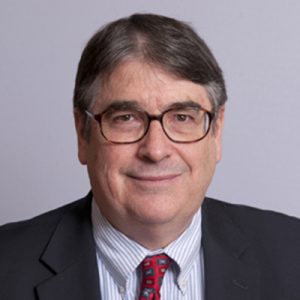
Dennis Corrigan, chair of the ECS Detroit Section.
Dennis Corrigan’s connection to the ECS community came quite naturally. He had been an ECS member since the 1970s, and when he moved to Detroit to work at General Motors Research Laboratories in 1979, he was naturally inclined to become involved with the ECS Detroit Section.
“We had a very large Electrochemistry Department at GM Research Labs of over 60 people and most were active members of the Detroit section. They didn’t have to twist my arm too much to join,” laughed Corrigan, who today is the chair of the ECS Detroit Section.
The section meetings acted as a gateway for Corrigan to meet other electrochemists in the field with different areas of expertise. His passion for electrochemistry made it hard to resist.
“The section allowed me to figure out what was happening more generally than just at GM Research Labs,” said Corrigan, an adjunct mechanical engineering professor at Oakland University and founder and president of DC Energy Consulting, LLC.
The same of which is true today.
The ECS Detroit Section continues to draw in electrochemists from surrounding areas, including students from local universities, companies working on batteries and fuel cell technology, and countless startups targeting various kinds of electrochemical applications. (more…)
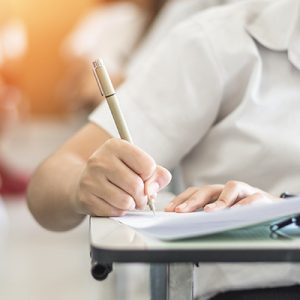 The 235th ECS Meeting in Dallas, TX will feature six professional development workshops, providing attendees critical opportunities to develop and further their professional careers. These workshops are available to you whether you are a student looking for some help with your resume or a mid-career researcher looking for a refresher on team management. Don’t miss out!
The 235th ECS Meeting in Dallas, TX will feature six professional development workshops, providing attendees critical opportunities to develop and further their professional careers. These workshops are available to you whether you are a student looking for some help with your resume or a mid-career researcher looking for a refresher on team management. Don’t miss out!

